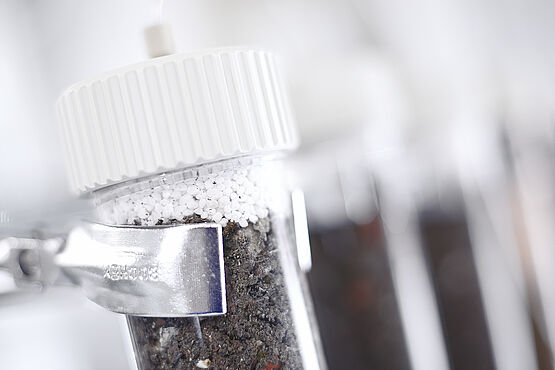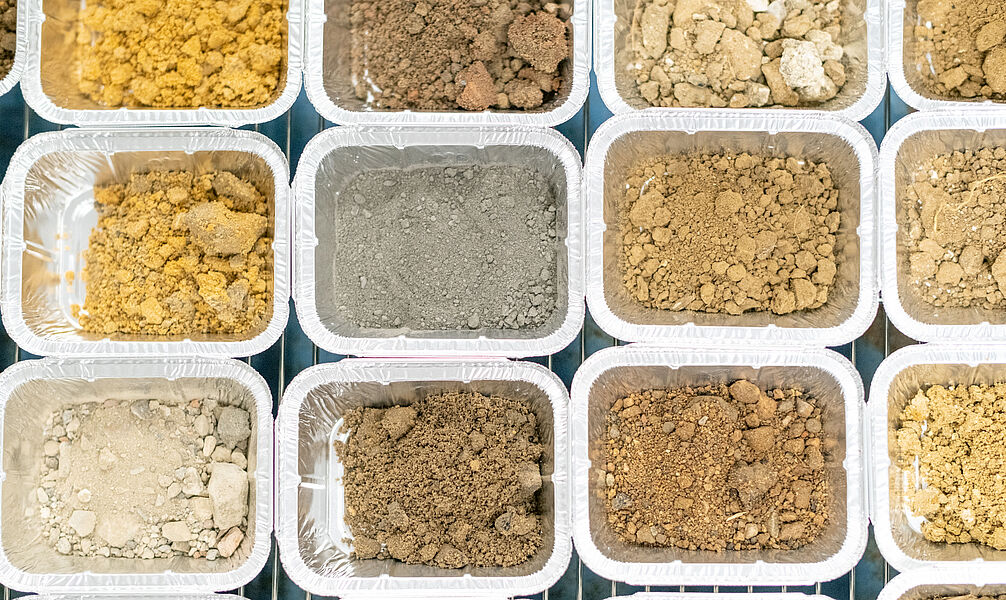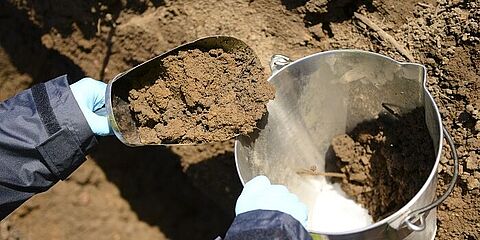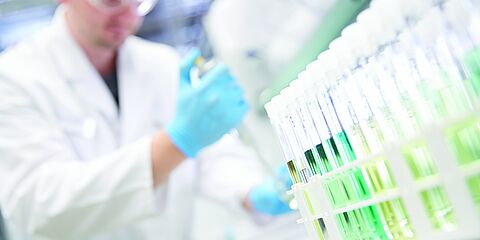Agronomic soil analysis: reduce your remediation costs
Agronomic soil analysis is well known in agriculture. But did you know that it can also provide added value in soil remediation projects?

During construction projects, agronomic analyses can help you identify areas with high potential for added value, thereby reducing clean-up costs by avoiding costly excavations. This more recent approach should also be taken into account to reduce the environmental impact of construction sites. Less energy used for excavation often means fewer resources used and less CO₂ emitted. So there's much to be gained!

Agronomic soil analysis for construction and remediation projects
To find out whether the soil in question is compatible with future planting, ask the laboratory to assess the physical, chemical and biological properties of the soil. In addition to the regulatory analyses, this information will then enable you to decide how to direct the soil decontamination diagnosis: excavation, local decontamination or leaving in place.
These analyses can complement oral bioaccessibility studies (UBM) and in vitro remediation tests.
Agronomic analyses carried out in our soil analysis laboratory
To answer your questions and help you better assess the next stages of your project, WESSLING France carries out the following analyses, among others:
- Analyses of agronomic potential by measuring nutrients (nitrogen, potassium, calcium, magnesium, phosphorus, organic matter and carbon).
- Analysis of soil texture (granulometry): identification of clay content, sand or silt content, etc.
- All the regulatory analyses to be carried out on SSP soils.
Your samples will be processed in France, in our laboratory in the Lyon region. In this way, agronomic analyses are carried out in parallel with regulatory analyses in the same laboratory.
Related topics and news
All newsRequest your quote now!
- Pauline Castillazuelo
- +33 6 13 51 29 59
- pauline.castillazuelo@wessling.fr





